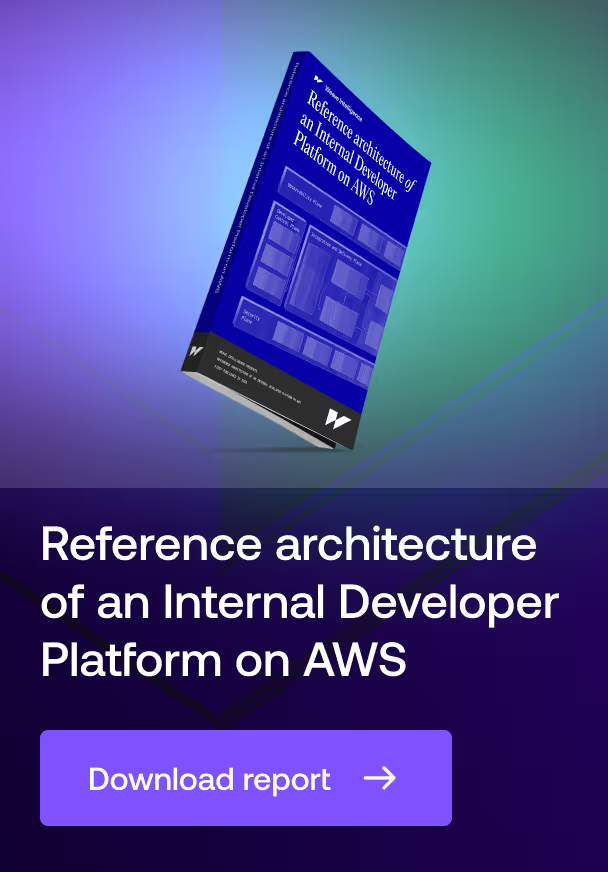
Nirmata
Profile
Nirmata is a enterprise-grade Kubernetes policy management and governance tool built around Kyverno, an open-source policy engine. The platform provides comprehensive policy-as-code capabilities for securing, managing, and automating Kubernetes environments at scale. As a CNCF-incubating project creator with proven enterprise adoption, Nirmata offers both open-source and commercial solutions that enable organizations to implement automated policy enforcement, compliance monitoring, and security controls across their Kubernetes infrastructure.
Focus
Nirmata addresses the fundamental challenge of maintaining security, compliance, and operational consistency across distributed Kubernetes environments. The platform prevents misconfigurations through automated policy enforcement, eliminating manual security reviews and reducing operational overhead. By treating policies as versioned code, Nirmata enables platform teams to implement standardized guardrails while allowing development teams to maintain velocity. The solution serves platform engineers, security teams, and DevOps practitioners who need to establish governance without creating deployment bottlenecks.
Background
Originally developed by enterprise software veterans from Cisco and Brocade, Nirmata created and later donated the Kyverno policy engine to the Cloud Native Computing Foundation. The platform has evolved from its policy engine roots into a comprehensive governance solution adopted by major enterprises including Robinhood, NVIDIA DGX Cloud, and Adidas. Kyverno operates under CNCF governance with multiple organizational maintainers, while Nirmata continues active development of both the open-source project and commercial offerings through venture-backed funding.
Main features
Policy-driven admission control and validation
Nirmata's admission controller architecture intercepts Kubernetes API requests to enforce policies before resources are persisted to clusters. The system evaluates configurations against defined policies using familiar YAML syntax, enabling validation of security contexts, resource requirements, and naming conventions. The admission control framework supports both validating and mutating webhooks, allowing organizations to either block non-compliant resources or automatically modify them to meet requirements. This architecture ensures consistent policy enforcement without requiring changes to existing deployment workflows.
Multi-cluster policy orchestration and lifecycle management
The platform provides centralized policy management across distributed Kubernetes environments through a control plane architecture that separates management functions from enforcement. A lightweight connector maintains secure communication between managed clusters and the control plane using WebSocket Secure protocol, enabling consistent policy distribution while keeping sensitive data within customer environments. The system supports policy versioning, staged rollouts, and automated drift detection to maintain desired state across fleet-wide deployments.
Automated compliance monitoring and reporting
Nirmata implements continuous compliance verification through background scanning capabilities that audit existing cluster resources against policy requirements. The platform supports major compliance frameworks including CIS Kubernetes Benchmarks and NIST standards through pre-built policy sets. Built-in reporting capabilities generate compliance evidence and audit trails, while violation detection triggers automated remediation workflows. The system maintains detailed audit logs of policy evaluations, changes, and exceptions to demonstrate ongoing compliance posture.






